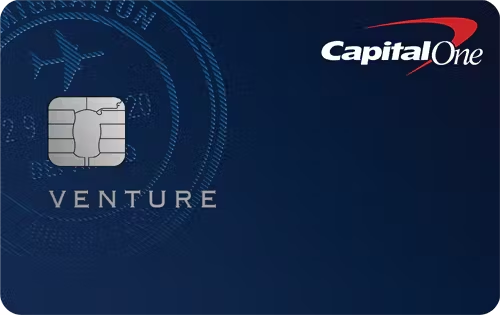
Credit Cards
2 / 3
Unlike a debit card, where a purchaser uses the money they have in their account, a credit card allows the purchaser to use borrowed money from the bank that must be paid back at the end of the month.
Credit cards are an unsecured credit, meaning that you borrow money to buy things without having to put up any of your own assets as a guarantee (collateral).
Therefore, when you miss a payment on your credit card, the bank cannot take anything away from you, which makes every loan that they give you riskier for them. Because of the added risk, they charge you extra money, called interest, when you use a credit card.
Source: Credit Karma
